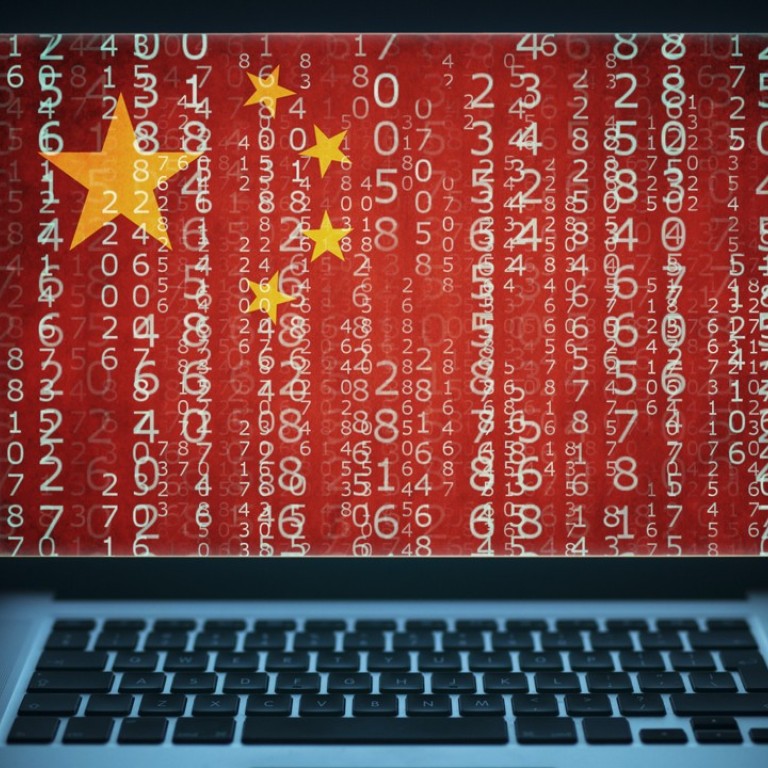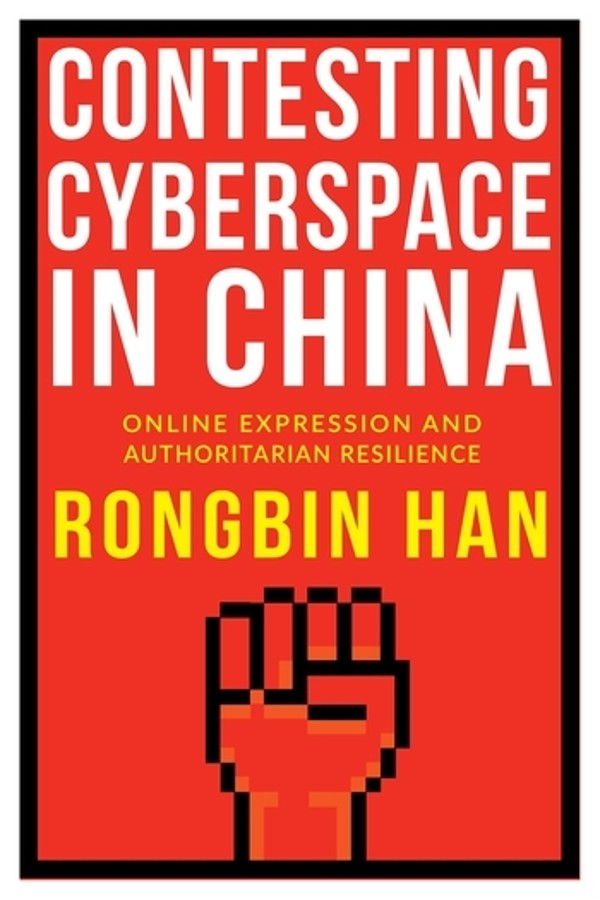
How China censors its internet and controls information, from Great Firewall to 50 Cent Army: two new books explain
Two new books from US academics look at the methods China uses to control information, promote its viewpoints and discourage access to sensitive topics, but also how censorship is a tax on the country’s tech sector
The internet was supposed to have delivered China into freedom by now. But that optimistic consensus has been proven wrong so far. In their books, academics Rongbin Han and Margaret Roberts attempt to explain why.
Han, an assistant professor at the University of Georgia, was a student at Peking University when the impact of the internet was first felt in broader society. But the vibrant discussions the internet initially spurred would prove too much for the ruling Communist Party which, over time, has become more sophisticated in reasserting control over information.
Debt ‘at the core of Chinese growth’, argues Australian financial journalist
To frame the internet and its users in opposition to the government misses its real effect, Han warns in his new book Contesting Cyberspace in China: Online Expression and Authoritarian Resilience. The internet enables a pluralisation of discourse – meaning that, even though the state is not always leading the conversation, the diversity of opinion among netizens, including many who genuinely support the state, work against any concerted effort against the regime.
Han offers an often amusing guide to the factions, rhetoric and bewildering slang that dominate online debate. He enlightens readers on the official “50 Cent Army” of paid commentators who promote the government’s viewpoints, and the unofficial group of pro-party netizens who frequently attack government critics as pawns of the West.

Han is clearly still enthralled by the online bulletin boards through which he first encountered the internet. But his nostalgic attention to Web 1.0 neglects the Web 2.0 of social media, chief among which is WeChat. In researching the Chinese equivalents of Reddit or 4chan instead of Facebook, Han draws conclusions on the basis of polarised internet subcultures which are not necessarily representative of the Chinese internet as a whole. Nonetheless, his timeline of Chinese internet regulation, the various agencies involved, and his in-depth look at the “50-Cent Army” are insightful.
Where Han’s approach is ethnographic, Roberts’ is sociological and data-driven. Roberts, an assistant professor at UC San Diego, argues in Censored: Distraction and Diversion Inside China’s Great Firewall that the government recognises it cannot possibly control all of the internet. Instead, it engages in a “porous censorship” that targets the most sensitive content and seeks to keep all but the most motivated from accessing it. (Her research suggests these tend to be the more educated and wealthy, with a strong interest in politics.)

Roberts is one of several rising academics who stress that their interest in China is just part of a broader interest in authoritarian regimes and practices, even though the country is the subject of their most significant work. Nearly half of Roberts’ book is spent on a general treatise on censorship before summarising her published research on China’s internet.
China and other authoritarian governments face three choices when seeking to control information, Roberts writes. They can use fear, including overt censorship or punishment; “friction”, any effort to discourage access to information; or “flooding”, an attempt to guide and distract citizens with other information.
Both books speak to the conflicted role of private companies, which have been co-opted by the state’s censorship apparatus into employing thousands of private censors
Authoritarian regimes are often reluctant to use fear because it can backfire, inflaming opinion and drawing attention to the topics it had hoped to suppress. (Roberts’ unique research shows that censorship actually increases the likelihood that a user will continue posting about that topic.)
Friction and flooding are China’s preferred means of controlling information. When even small delays can lead to big drops in user attention, raising the cost of accessing information even a little can deter most citizens from seeing what the government doesn’t want them to see.
According to Roberts’ research, most internet users don’t even know about the existence of the Great Firewall, which blocks scores of websites and sensitive terms. Only 30 per cent do know about it, and just 5 per cent have “jumped the firewall” by using a VPN, a service which allows users to access unrestricted sites.
Both books speak to the conflicted role of private companies, which have been co-opted by the state’s censorship apparatus into employing thousands of private censors. In return, the government’s firewall protects its domestic internet industry. Roberts estimates that Twitter has 1 to 2 per cent of the market share it would otherwise have in the country were it not blocked; despite the block on Facebook, though, an estimated 52 million Chinese have accounts.
The story of a martyr in Mao’s China: executed and her family billed for the bullet
But Roberts notes that censorship is also a tax on China’s tech sector, both because it must hire small armies of censors to police websites and because the firewall can limit interaction with the global tech community.
Unfortunately, neither book offers insight on Chinese consumers’ growing demands for internet privacy – and how this will test the partnership between the state, which wants access to all data, and internet companies, which must balance accountability to its users, investors and the government.
Asian Review of Books
